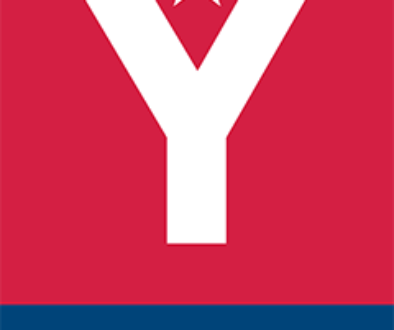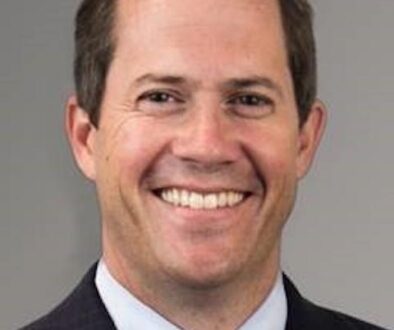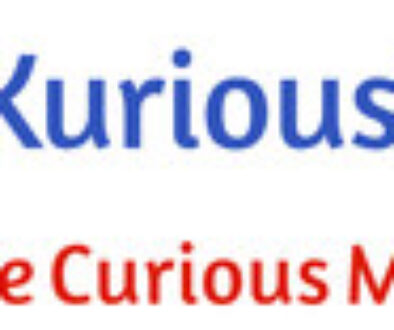FIRST-OF-ITS-KIND STUDY FINDS NEWARK CHARTERS AMONG THE MOST IMPACTFUL EDUCATION APPROACHES STUDIED
STUDY FINDS ATTENDING NEWARK CHARTERS CAUSES “LARGE” AND “SUSTAINED” IMPROVEMENT FOR STUDENTS
The New Jersey Children’s Foundation is celebrating the release of a new study by a researcher at Boston University’s Wheelock School of Education and the Manhattan Institute. According to Associate Professor Marcus Winters, the study found that “enrollment in Newark charter schools that participate in the common enrollment system tends to lead to a large improvement in math and reading scores,” and that the effect is even larger at the city’s two largest charter school networks – KIPP Newark and North Star Academy. The study also found that “attending a Newark charter school has a larger positive effect than 80% of other educational interventions that have been recently studied using an experimental design.”
“This research presents unequivocal, scientific proof that Newark’s charter schools work and are helping children learn more, faster,” said Kyle Rosenkrans, Executive Director of the New Jersey Children’s Foundation. “For years, charter school educators have toiled to build schools that reflect the genius of their students, while the question of whether this was good for Newark children has been hotly debated among politicians, pundits, and journalists. The scientific evidence is in, and this study should end the debate over whether this has been good for children – the answer is a resounding yes,” Rosenkrans added.
The study is the first randomized control trial-like analysis attempting to measure the effect of attending Newark’s charter schools. Winters employed a gold-standard “direct assignment” design for his study that used the district’s common enrollment lottery system data to eliminate factors like parental involvement and student demographics as a potential alternative explanation for the stand-out performance of Newark’s charter schools. The author also noted that this study adds to the evidence on the effectiveness of urban charter schools to improve student learning and suggests that this effectiveness continues even as the urban charter sectors get larger.
In Newark, the charter sector has grown from educating just 7 percent of the students in 2006 to an estimated 38% in 2019 and could reach 50% in future years. Relations between the city’s district and charter schools have radically improved in recent years, but the study comes at a time when tensions have resurfaced during a recent debate over whether to close four Newark charter schools.
Key findings of the study include:
- “Enrollment in a Newark charter school that participated in the common enrollment system leads to large improvements in math and English language arts (ELA) test scores, on average.”
- “The benefits of charter school enrollment do not appear to vary meaningfully depending on a student’s race, gender, or qualification for free lunch – though these estimates are based on smaller sample sizes and are thus less precise.”
- Learning gains were even more pronounced when the study isolated students in the city’s two largest charter school networks – KIPP Newark and Uncommon Schools – North Star Academy.
- “The magnitude of the impact from attending a Newark charter school is comparable to those found in prior research on charters in Boston and Denver… “attending a Newark charter school has a larger effect than 80 percent of other educational interventions that have been studied using an experimental design,” according to a paper by Brown University Professor Matthew Kraft.
About the New Jersey Children’s Foundation:
The New Jersey Children’s Foundation is a nonprofit organization aimed at promoting a fact-based discussion about public education in Newark. Our mission is to invest in people, programs, and partnerships that will improve public education systems by putting the interests of children first. Our vision is that every child will break down the walls of inequity through the creation of high-quality public education systems. Our theory of change is that when communities are armed with accurate information about public education and given the tools to act, cities will demand great schools for every student.



